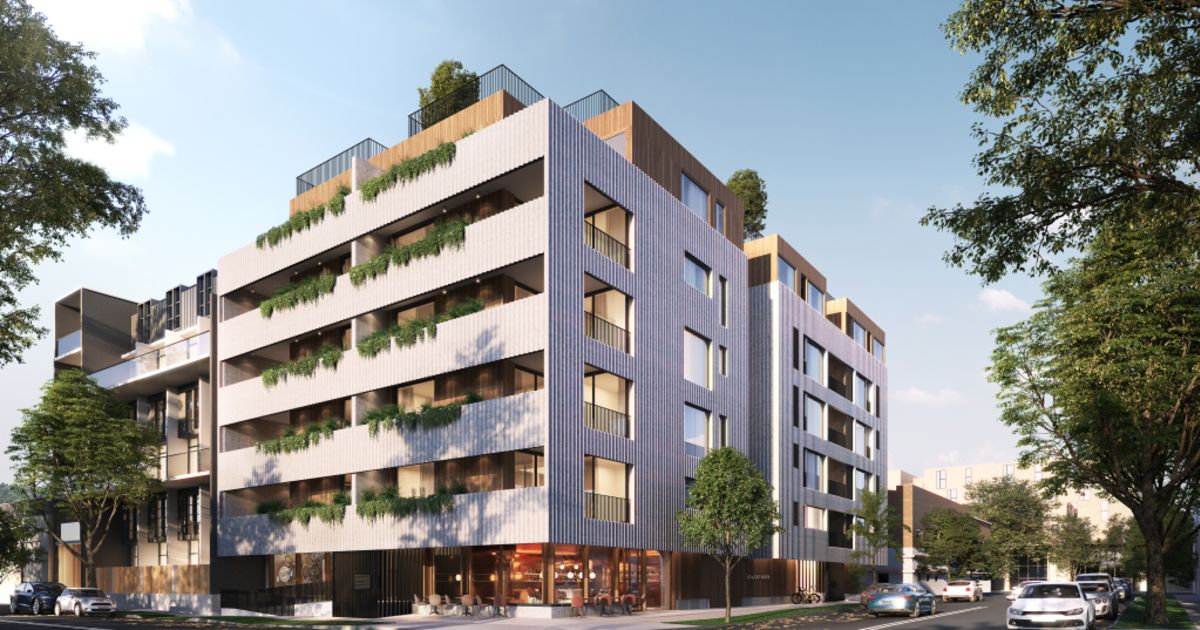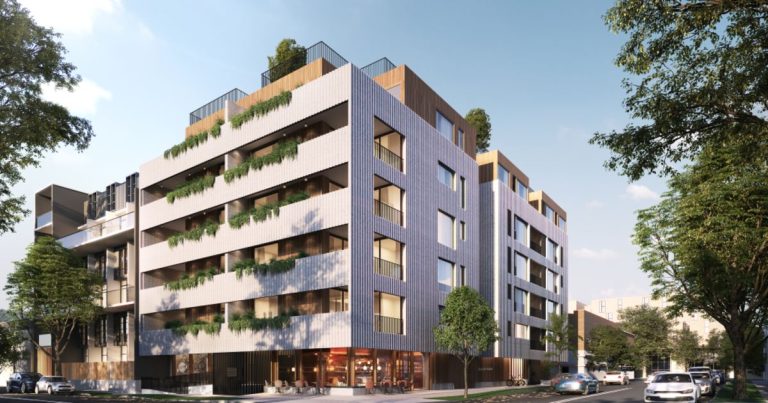The Residential Apartment Buildings (Compliance & Enforcement Powers) Act 2020 (NSW) (the Act) commenced on 1 September 2020.
The Act applies to Class 2 buildings and buildings including a Class 2 component. These are typically multi-storey, multi-unit apartment buildings.
For the purposes of the Act a developer is defined as:
- The person who contracted or arranged for, or facilitated or otherwise caused, (whether directly or indirectly) the building work to be carried out;
- The owner of the land on which the building work is carried out at the time the building work is carried out;
- The principal contractor for the building work within the meaning of the Environmental Planning and Assessment Act 1979 (NSW);
- The developer of the strata scheme within the meaning of the Strata Schemes Management Act 2015 (NSW).
Building work includes:
- Any physical activity involved in the erection of a building;
- Work involved in coordinating or supervising work involved in the construction of a building (or part of) or alterations, additions, repairs and renovations of a building (or part of).
The Act imposes far reaching requirements on developers.
There is now a new defect category of serious defect for the purposes of the Act.
A developer will be required to notify the Secretary at least six (6) months but not more than 12 months before making an application for an occupation certificate for any part of a residential apartment building .
The Act now allows the Secretary to make a prohibition order preventing the issue of an occupation certificate or registration of a strata plan for any part of a residential apartment building if the developer has not notified the Secretary of the expected completion date within the required time or has not notified of a change in the expected completion date.
The Act now imposes a prohibition on a principal certifier issuing an occupation certificate in contravention of a prohibition order and providing that an occupation certificate issued in contravention of a prohibition order is invalid.
Prohibition orders can be given in the following circumstances:
- If the developer does not notify the Secretary of the anticipated application date for an occupation certificate within the required time;
- If the developer does not notify the Secretary of a change of more than 60 days of the anticipated application date within the required time ;
- If the Secretary is satisfied that a serious defect exists ;
- If the building bond pursuant to Part 11 of the Strata Schemes Management Act 2015 (NSW) has not been paid.
There are penalties for non-compliance.
The Act also imposes investigative, compliance and enforcement powers on the Secretary and Building Commissioner. These include the ability to carry out inspections of notified building work , monitoring and assessing compliance with the requirements of the legislation while the building is under construction and at any time within 10 years of the occupation certificate completion date.
The Act also allows the Secretary to monitor ongoing compliance under the Act including the power to accept undertakings, apply for orders to restrain or remedy contraventions. The legislation goes further and allows the Secretary to investigate developers in residential apartment buildings . This also includes the imposition of a stop work order while works are under construction and in progress. A stop work order will ordinarily be issued if the secretary is satisfied that the building work to be carried out has the capability of causing serious loss or harm to the public , occupiers or potential occupiers of the building .
The definition of a ‘serious defect’ under the Act includes a defect in a building element that is attributable to:
- A failure to comply with the standards (i.e. Building Code of Australia or relevant Australian Standards) or the relevant approved plans;
- Causes or is likely to cause the inability to inhabit part or all of the building.
The legislation also empowers the secretary to issue a rectification order when serious defects are identified through an inspection of the construction works and also allows the Secretary to recover the costs and expenses incurred and incidental to the rectification order.
The Act applies to buildings that are currently in the process of construction as well as buildings that have been completed in the last 10 years.
Please get in touch for further information, Pierrette Khoury, Khoury Lawyers.




